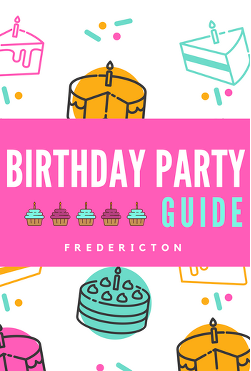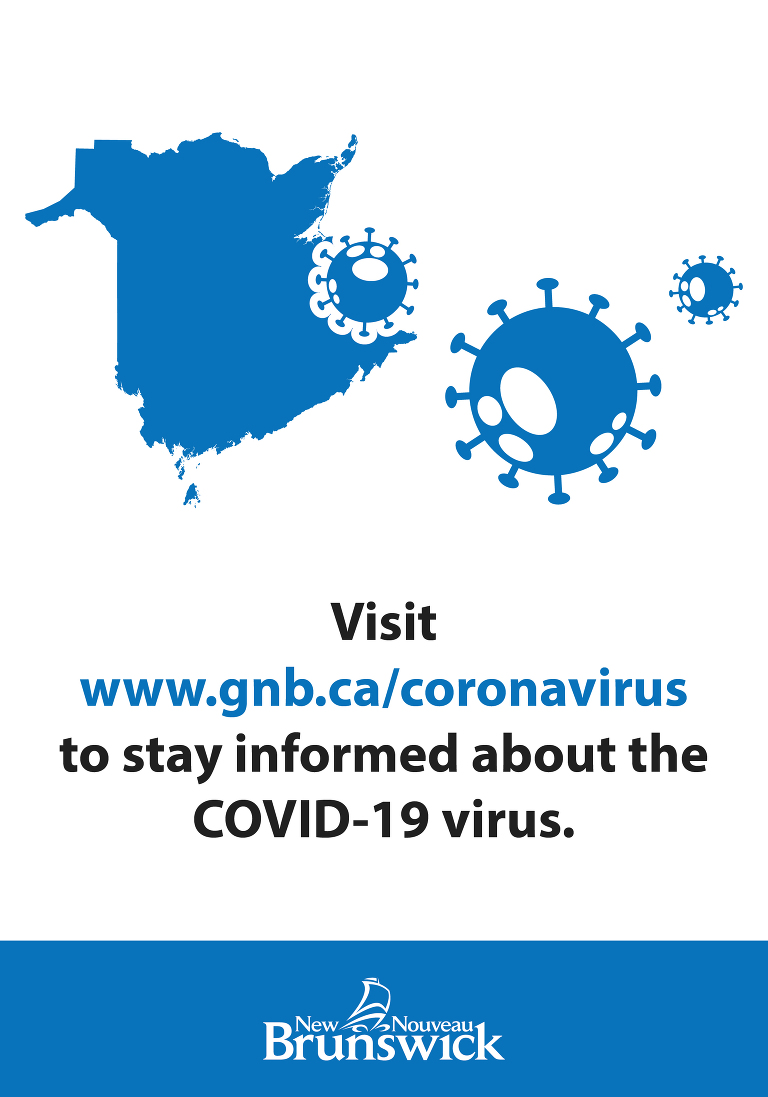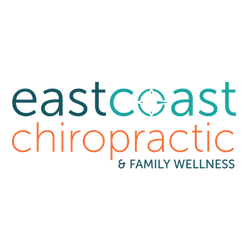.png) Did you read part 1? Has the diagnosis of Attention-Deficit Hyperactivity Disorder been confirmed? This may have been relieving or caused further anxiety. What’s next?
Did you read part 1? Has the diagnosis of Attention-Deficit Hyperactivity Disorder been confirmed? This may have been relieving or caused further anxiety. What’s next?
Once a diagnosis is made, I find explaining it to the child at their developmental level can help them understand how their brain works. I often use a car analogy: Let’s think of your brain as a car. My brain may be a minivan. Not too fancy, but it can go the speed limit and stop and turn as I tell it to. An ADHD brain is more like a race car. It is super cool and goes super fast. But do you think the race car driver can read the road signs when it is going that fast? Or stop in time at the red light? Race tracks need very large signs and very wide turns so racers avoid crashing – so this is why we sometimes need to modify the work or the classroom for students with ADHD. If a psychoeducational assessment was completed, the report will likely contain several pages of academic, behavioural and environmental modification suggestions to best aid the student learn and thrive with their peers. There are classes available semi-regularly in town, offered by the mental health clinic or the Military Family Resource Center, which help guide parents of children with ADHD. Tips and tricks are shared by the teacher and other parents struggling through similar challenges and can also be quite supportive.
Did you also know that race cars need a different gas and oil than my minivan? The fancy and more expensive gas/oil helps grease up the engine so it can run smoothly when it is going super fast. This is why we sometimes need to give medicine to kids with ADHD.
Treatment for ADHD had developed a bad reputation. The old Ritalin lasted a few hours and needed to be given several times per day. Adults today that were treated as children may remember feeling like a zombie or becoming easily emotional. Plus the medication became a street drug of value and abused by people who did not need it or used it inappropriately. The medications we have available today are well studied and can be very beneficial in the right setting. The suggested medications are stimulants. Which doesn’t make sense – why are we giving something like caffeine to an already hyper kid?! However, the medication helps “oil” up the neurotransmitters in the brain so it is more efficient and better organized. There are 2 different classes of stimulants, each with different options of medications. Some pills need to be swallowed whole, but other capsules can be opened and sprinkled into a spoonful or yoghurt or apple sauce or into a glass of liquid to drink. The medication will start working on the same day, within an hour or so, and hopefully last most of the school day, but may wear off by supper or bed time. As a parent, the medication does not work during the largest struggles of the day at home: getting up and ready for school or after supper homework and bedtime routine. Implementing visual cues, environmental and behavioural modifications are your best options to manage symptoms at home. During the day, the medication can help the child stay on task, pay attention a little longer, organize themselves for a task, and not allow distractions to get them off track. It may also help reduce fidgeting, reduce hyperactivity, and allow them a split second longer for impulse control issues like blurting out answers or reacting physically when triggered. Like any medications, there are potential side effects. The medication is usually started at a low dose to see if there will be side effects. The most common side effects are appetite suppression and insomnia. The medications may not affect breakfast or supper, but for lunches, I suggest packing nutrient dense snacks that may be more appealing. They may then feel hungry for a second supper or bedtime snack as the medication wears off. For insomnia, if the stimulant is still on board at bedtime, it could affect onset to sleep, so it is important to have a healthy sleep routine before starting medications. If you google the medication (which I never recommend!), you’ll read several warning about the heart. If there is a personal or family history of cardiac problems, especially rhythm problems, in younger family members, your doctor may order tests before starting the medication. At every visit, the doctor will likely see how tall they are, how much they weigh and check their blood pressure. They’ll want to know if the medication helped any symptoms or caused any side effects. If the side effects outweigh the benefits, it is not the right medicine and another should be tried. If the low dose medication helped without too many side effects then the dose may be increased until its best effect without side effects. It can sometimes feel like a trial and error in finding the right medication and dose, however, this also happens in other areas of medicine like treating a headache – which works best for you? Tylenol and/or Advil? We don’t know until you try.
You may hear of some people only taking medications on school days. That is a discussion each should have with their own doctor. Sometimes, that is agreed upon for better weight gain on days without medications. However, treating ADHD is not just to ameliorate report cards. ADHD also affects social function. It can impact interactions with friends. These kids become the class clowns, or lose friends because they can’t wait their turns or react too quickly or accidentally damage others’ things. It can also affect their safety; running out in front of cars, climbing without assessing the dangers, getting into a car with a drunk driver, taking an unknown street drug. The problems escalate as they get older. As these kids get older, especially if there are comorbid mental health disorders, they may try to self treat with other drugs. It is a chronic neurodevelopmental disorder. It should be addressed in the younger years so as to allow them to grow and learn with their peers with confidence and avoid making poor choices as they get older and impulses change.
In conclusion, a diagnosis of ADHD is not a bad thing. Many brilliant people have ADHD, they have just found a way to channel their brain’s lightning speed. Information is empowering and one can learn to live well with ADHD if given the right supports. Medications can be helpful if the proper environmental and behavioural modification techniques are in place. If the medication’s side effects outweigh the benefits, it is not the right medication, and other options should be sought.
FOR MORE FROM DR. OUELLETTE CLICK HERE!
.png)
Dr. Rachel Ouellette was born and raised in Fredericton, NB. She grew up with 3 brothers and both her parents were social workers in town. She graduated from Ecole Sainte-Anne in 1998 and pursued Biochemistry at UNB, followed by Psychology at STU. She completed medical school at Memorial University of NL and then finished her Paediatric residency at Queen’s University. Dr. Ouellette then returned home to practice General Consulting Paediatrics in 2011. Rachel loves her community and enjoys connecting with other community service people who share her passion for helping kids; whether it is in schools, counselling services, etc.
Rachel is a mother to two young boys. She admits she entered motherhood self-assured and naïve. She thought she knew babies and kids and had definitely worked in sleep deprived situations. Rachel was humbly shocked, realizing what a BIG, difficult and confusing job being a mom can be! She battled through painful breastfeeding, she found out what it was really like to experience prolonged sleep deprivation (you can’t turn off the pager at the end of your shift). She even had to sit on the “other side” in a few medical situations. Motherhood has definitely affected how she practices medicine since she’s returned from maternity leave. There is a “Mama” (& “Papa”) instinct that isn’t taught in medical school. It cannot be studied in textbooks or reviewed in parenting books. As a parent, you know your child best, and you understand your child’s cues. Health care professionals need to really listen to the parent & child to reach the right diagnosis and initiate the right treatments.
Dr. Ouellette realizes there is so much information available to eager parents. Dr. Google can be helpful sometimes, but it mostly just causes worry and is filled with inaccurate information. It can be confusing and difficult to make parenting choices when, not only do you have so much information online, but there is typically (often unsolicited) advice and suggestions from friends, family, other moms and random people in grocery store line ups. Dr. Ouellette is not providing any new advice; she is summarizing and sharing information from legitimate medical sources that are usually supported by scientific research. This information is always advancing; even advice written this year, may not apply next year if new studies reveal new information. Dr. Ouellette hopes she can provide up to date, brief, succinct answers to common Paediatric or parenting questions. She is open to topics, so please share your requests with the Mom Talk Blog editors.
DISCLAIMER– THE CONTENT PROVIDED IN THE MOM TALK BLOG’S “ADVICE FROM A PRO” SERIES IS FOR INFORMATION PURPOSES ONLY AND IS NEITHER INTENDED TO BE RELIED UPON NOR TO BE A SUBSTITUTE FOR PROFESSIONAL MEDICAL ADVICE, DIAGNOSIS OR TREATMENT. NEVER DISREGARD PROFESSIONAL MEDICAL ADVICE OR DELAY IN SEEKING IT BECAUSE OF SOMETHING YOU HAVE READ ON THIS WEBSITE. THE INFORMATION IS INTENDED FOR RESIDENTS OF CANADA.
You might also like…




















